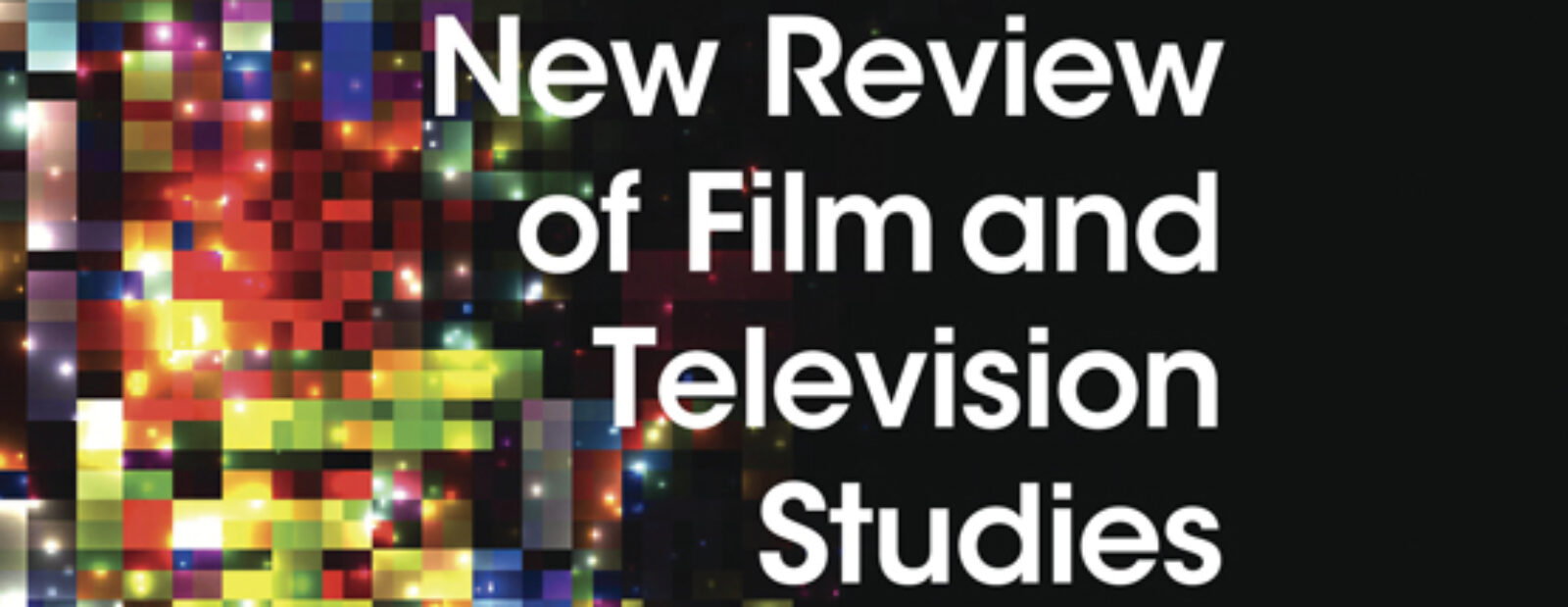ARTICLES
The paradoxes of precarious labour in observational documentaries today
By Mike Meneghetti

‘The greatest love stories on Earth?’: the ethics of community in social documentaries
By Laurel Ahnert

The odds are never in your favor: the form and function of American cinema’s neoliberal dystopias
By Gregory Frame

Playing with history: collective memory, national trauma, and dark tourism in virtual reality docugames
By Marina Hassapopoulou

“Performance anxiety: the competitive self and Hollywood’s post-crash films of cruelty”
By Louis Bayman

“Mulvey and Trump on CITIZEN KANE”
By Eliot Bessette

It’s a shark eat shark world: Steven Spielberg’s ambiguous politics
By William Brown
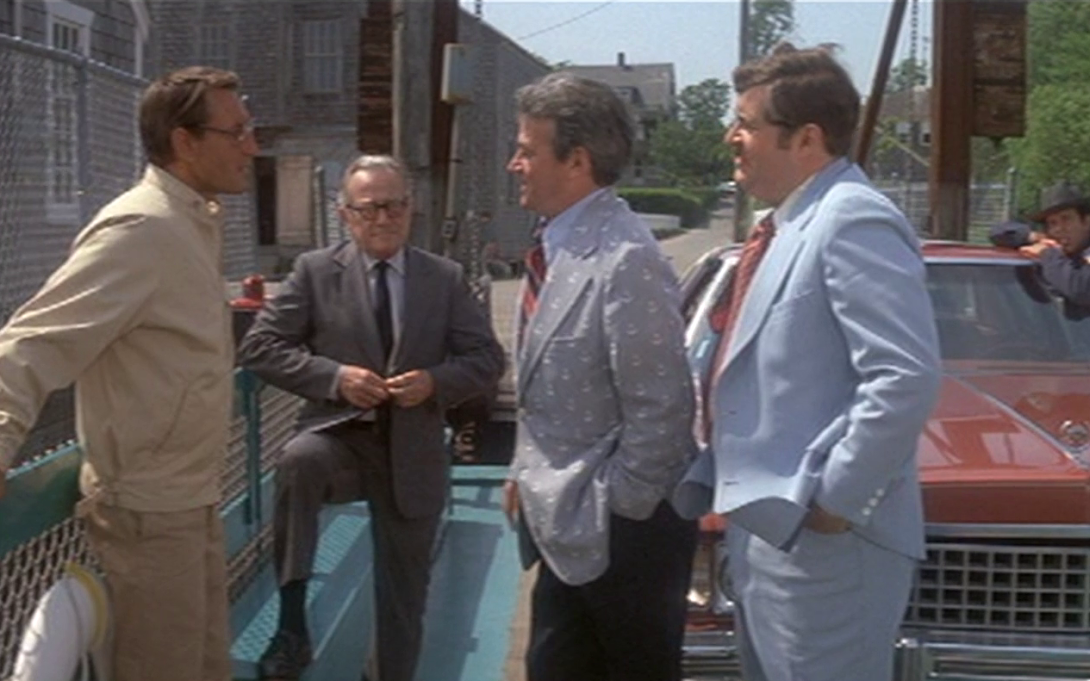
A city without a hero: Joker and rethinking hegemony
By Jeffrey Brown

“Money can’t buy me love”: radical right-wing populism in French romantic comedies of the 2010s
By Mary Harrod

The dubious logic of sacrifice: motherhood, crisis, and social reproduction in Advantageous (2015)
By Linda Ai-Yun Liu
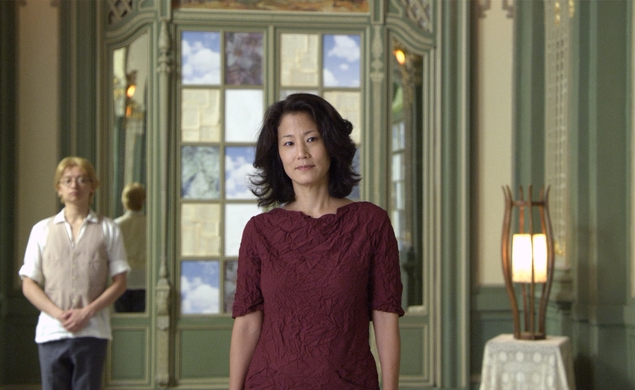
REVIEWS
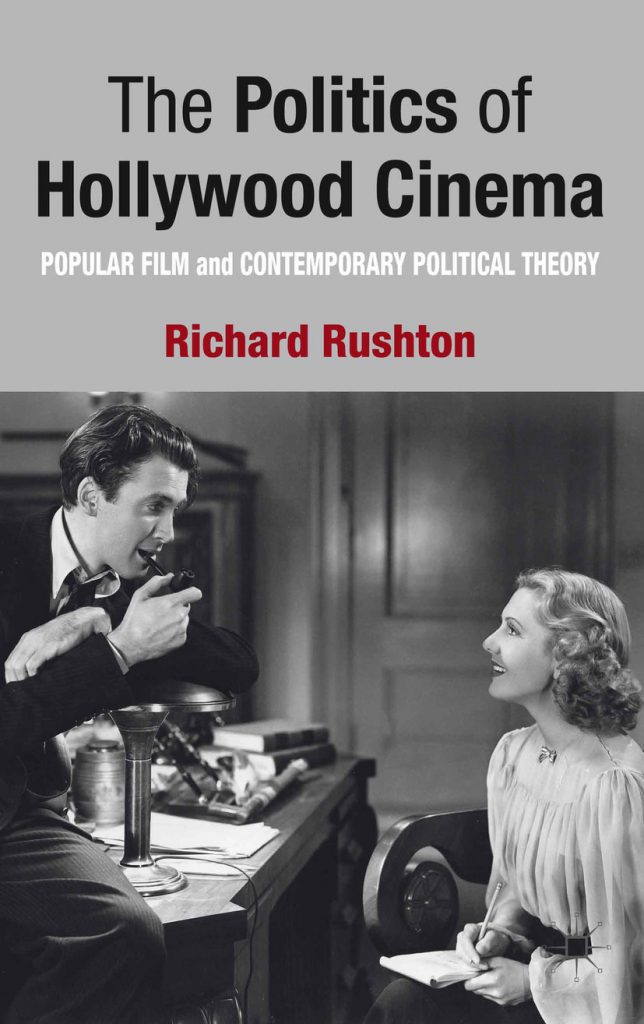
Lindsay Steenberg’s review of Richard Rushton’s The politics of Hollywood cinema: popular film and contemporary political theory (Palgrave, 2013)
Excerpt: What works so brilliantly in Rushton's book is its openness to continuing dialogues about the politics of cinema – in the way that he anticipates his critics and in the way he presents open-ended questions and contentious refutations as challenges, perhaps, to the reader. Certainly, I was excited to draw out some of Rushton's discussions on celebrity in It Should Happen to You. It would be both intriguing and useful to include emerging scholarship on celebrity studies in a politics of cinema, as it offers insights into the ways in which the contradictory figure of the celebrity functions as a site of struggle between capitalism and democracy. For example, in It Should Happen to You, Gladys rejects celebrity in favour of equality, of belonging to the crowd. However, her celebrity was contingent on her ‘averageness’. She becomes the average American girl, paradoxically famous (held above the crowd) for being representative of that crowd. Analysing the contemporary celebrity (simultaneously vilified and admired) can open up a space for a politics, and its analysis, in a way that resonates with Rushton's cinematic formulations.
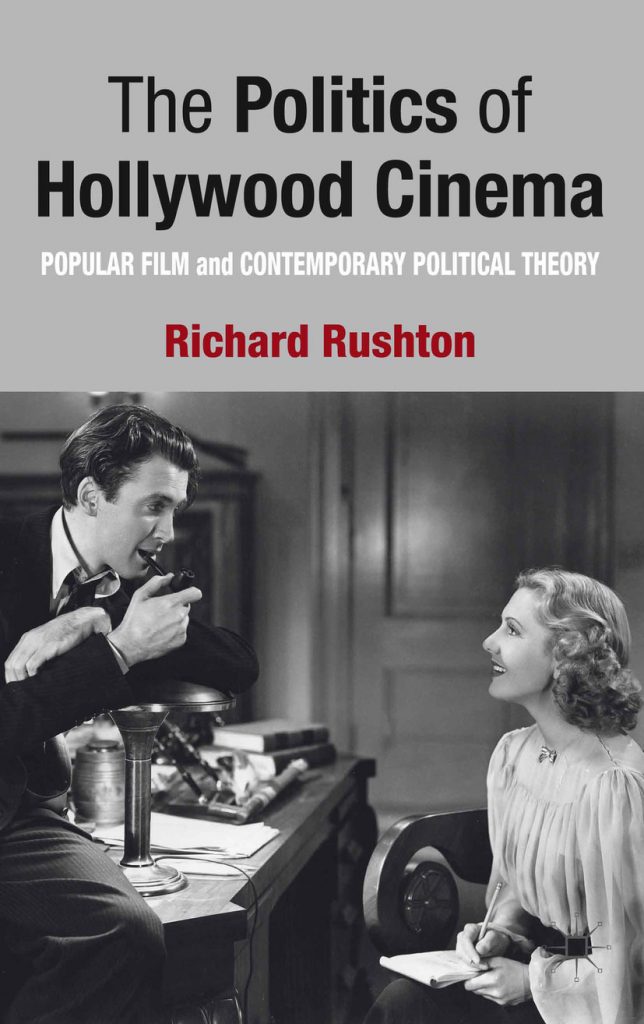

Alexander L. Fattall’s review of Tricia Jenkins’s The CIA in Hollywood: How the Agency Shapes Film and Television (University of Texas Press, 2016)
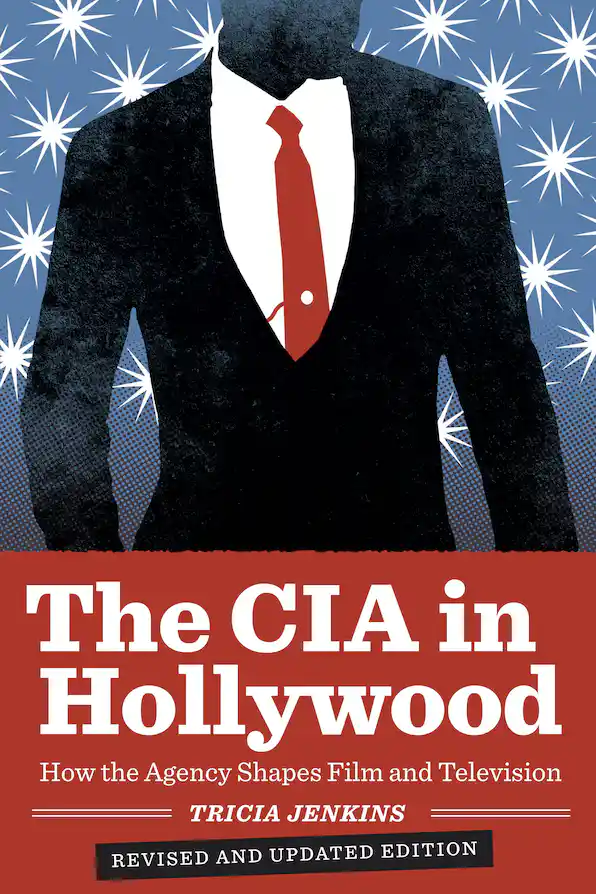
Excerpt: Tricia Jenkins’s The CIA in Hollywood: How the Agency Shapes Film and Television is a thorough study of the agency’s efforts to spin its image in the hopes of recruiting new talent, buttressing agency morale, courting Congressional funding, counteracting negative portrayals, and intimidating would-be terrorists. Jenkins is forthright with her readers that her research is constrained by an ingrained culture of secrecy. This is, after all, the CIA. Although she ultimately sheds light on Langley’s publicity machine in Hollywood, large shadows remain.

Brian E. Butler’s review of Jonathan Auerbach’s Dark Borders: Film Noir and American Citizenship (Duke University Press, 2011)

Excerpt: Dark Borders utilizes a pluralistic and intermedia methodology in order to investigate the complex issues involving boundary setting in highly significant areas of American culture. Of course, an underlying yet unacknowledged truth is that these same areas are problematic today. Therefore, there is much to learn about American ideology in Dark Borders. Further, of course, the historical, formal, and varied perspectives Auerbach investigates bring valuable insight into the genre (I have no such anxiety over seeing it a genre no matter the porous boundaries) of Cold War noir. Whether or not the boundaries of the uncanny, the un-American, or noir are able to be made more determinate without falsifying them is unclear. In any case, the anxieties raised in attempting such a clarification, and the question of what might motivate such an attempt, are important to note, and Dark Borders leaves me, at least, with a proper and appreciative sense of mystery about these subjects.
